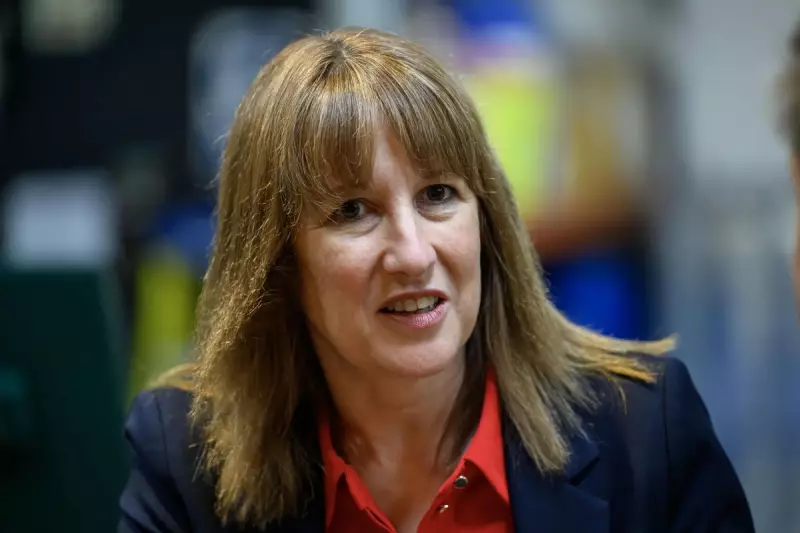
Chancellor Rachel Reeves's ambitious fiscal strategy is facing its first major test as Britain's staggering £25 billion interest payment bill threatens to derail Labour's economic plans before they even begin.
The Borrowing Conundrum
Reeves's firm stance against additional government borrowing is colliding with economic reality. While the Chancellor insists that "you can't tax and spend your way to growth," the numbers tell a different story. The UK government is projected to spend an eye-watering £25 billion more on debt interest this year than previously forecast—money that could have funded hospitals, schools, or infrastructure projects.
Economic Experts Sound Alarm
Leading economists are raising serious concerns about the viability of Reeves's fiscal rules. The Institute for Fiscal Studies has warned that the next government faces unenviable trade-offs regardless of who wins the election. With public services crumbling and investment desperately needed, the Chancellor's hands-off approach to borrowing appears increasingly untenable.
The Interest Rate Squeeze
Higher-than-expected interest rates have created a perfect storm for the Treasury. Each percentage point increase translates to billions in additional debt servicing costs, leaving less room for the very investments Labour promised during their campaign. The situation has become so dire that some analysts question whether any meaningful public spending increases are possible without revisiting the borrowing rules.
Political Pressure Mounts
Opposition parties and backbench Labour MPs are beginning to question the Chancellor's rigid stance. With public expectations high after Labour's landslide victory, the government risks appearing trapped by its own rhetoric. The tension between fiscal responsibility and delivering on election promises is creating the first major internal conflict of the new administration.
What Comes Next?
The Autumn Budget will be the Chancellor's moment of truth. Will she stick to her borrowing constraints and risk disappointing supporters, or will economic necessity force a pragmatic shift in approach? One thing is certain: the £25 billion interest bill isn't going away, and neither are the demands for better public services and infrastructure investment.
As one Treasury insider privately admitted, "The numbers don't lie, and they're telling us we need to have a serious conversation about how we pay for the Britain we want to build."





